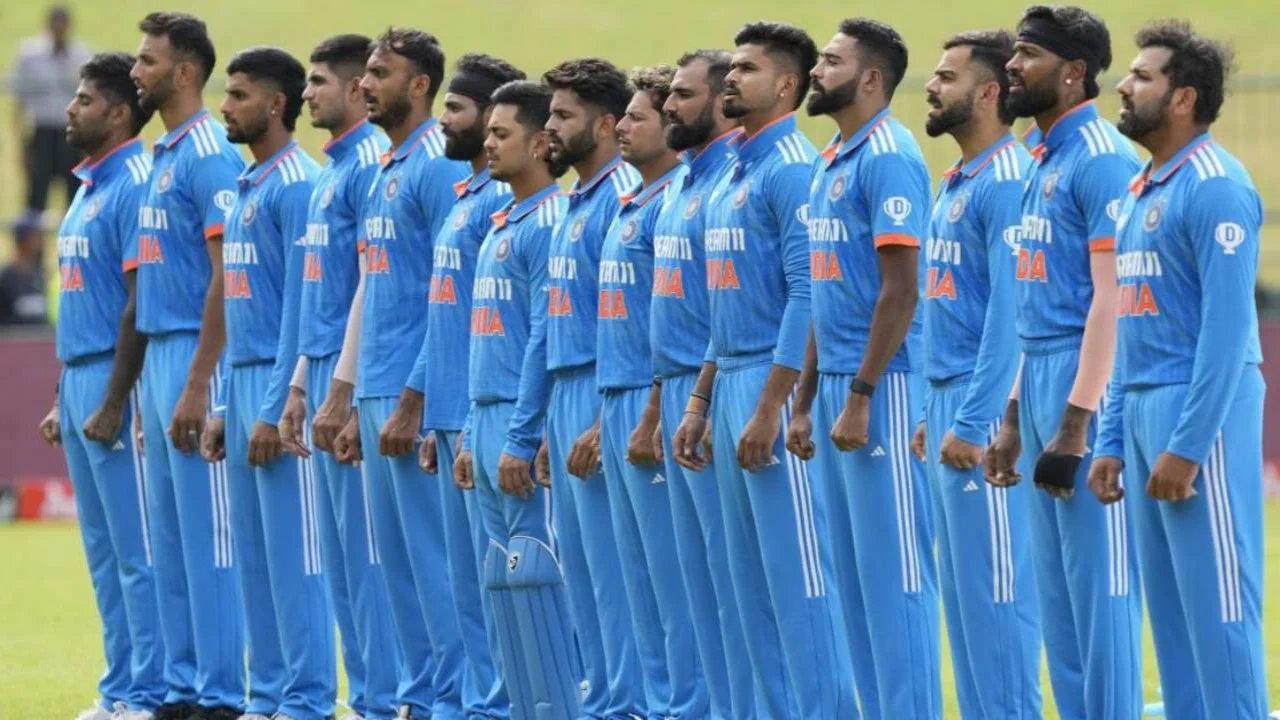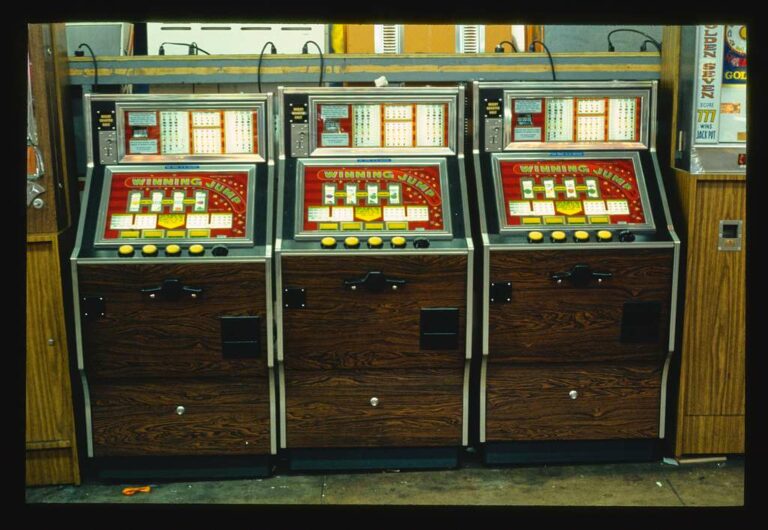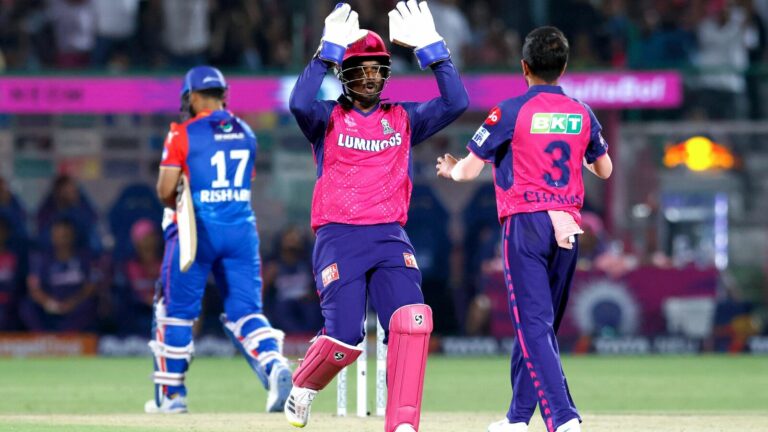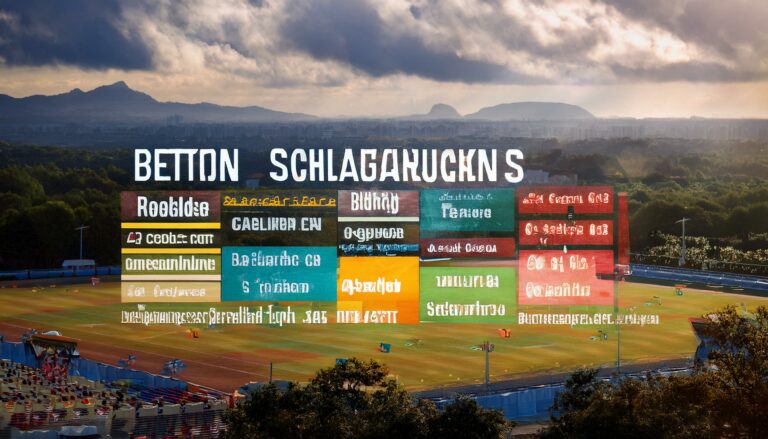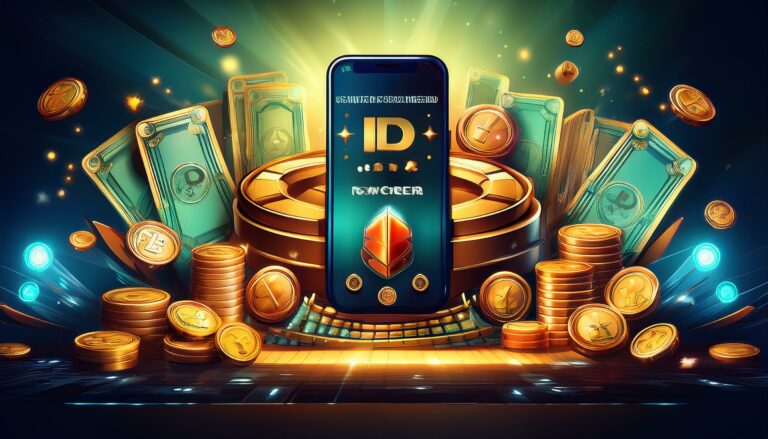Examining the Role of Arbitration in Resolving IPL Disputes: Laser247, Gold365, 11xplay
Laser247, Gold365, 11xplay: Arbitration plays a crucial role in resolving disputes within the Indian Premier League (IPL). With the high stakes involved in the world of cricket, conflicts are bound to arise, and having a mechanism like arbitration ensures that disputes can be settled efficiently and fairly. This process helps maintain the integrity of the sport and allows for timely resolutions without resorting to lengthy court battles.
Moreover, arbitration in IPL disputes provides confidentiality and flexibility in the decision-making process. By keeping proceedings private, both parties can address their concerns without the added pressure of public scrutiny. This confidentiality also allows for creative solutions to be explored, tailored to the specific needs of the dispute at hand. Overall, arbitration serves as a vital tool in fostering a conducive environment for resolving conflicts within the IPL ecosystem.
Understanding the Arbitration Process in IPL
Arbitration in the Indian Premier League (IPL) serves as a crucial mechanism for resolving disputes that may arise between various stakeholders within the league. The process involves a neutral third party, the arbitrator, who is appointed to listen to both sides of the dispute and render a binding decision. This method allows for a quicker and more cost-effective resolution compared to traditional litigation.
During the arbitration process in the IPL, each party presents its case and provides evidence to support their argument, following which the arbitrator evaluates the facts and issues a final decision. The decision made by the arbitrator is usually binding and enforceable, providing a final resolution to the dispute at hand. The confidentiality of the arbitration process also allows for a more discreet resolution of conflicts, helping to maintain the reputation and integrity of the IPL.
Key Players Involved in Arbitration for IPL Disputes
When it comes to arbitration for IPL disputes, there are several key players involved in the process. Firstly, the Board of Control for Cricket in India (BCCI) plays a significant role in appointing arbitrators and overseeing the arbitration proceedings. As the governing body of cricket in India, the BCCI holds authority in resolving disputes within the IPL framework.
Another key player in the arbitration process for IPL disputes is the IPL Governing Council. Comprised of representatives from the BCCI, IPL franchises, and other stakeholders, the Governing Council provides guidance and support throughout the arbitration process. Their input and decisions can greatly influence the outcome of disputes and help maintain the integrity of the IPL tournament.

